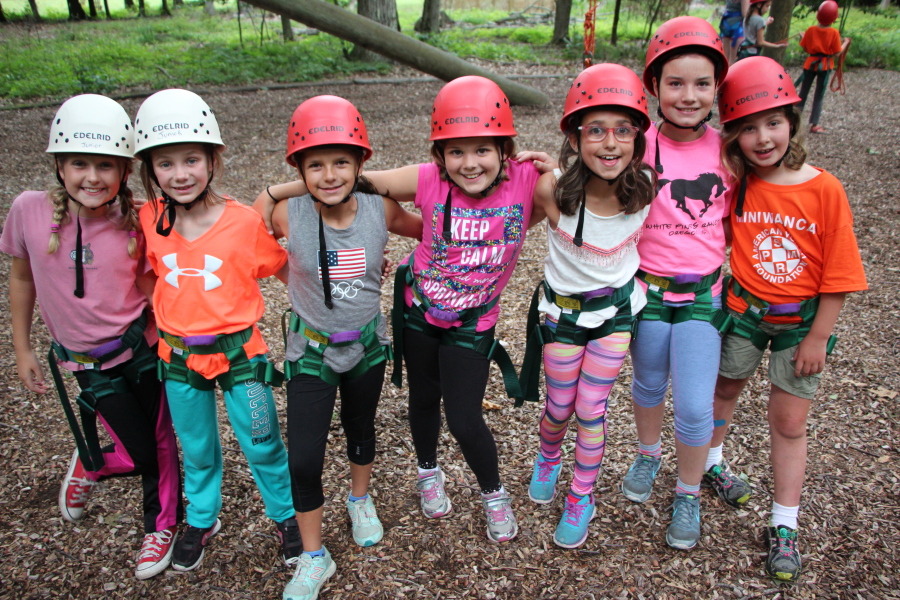By Anthony Marvullo
Recent conversations on youth development and student success focus on resilience, sometimes called grit. In Paul Tough’s 2012 book How Children Succeed, resilience is defined as the ability to face adversity and overcome it. Doing so creates character, and Tough found that children who can meet disappointment head-on and persevere are less stressed and more successful. Character, he writes, is “a set of abilities or strengths that are very much changeable—entirely malleable, in fact. They are skills you can learn; they are skills you can practice; and they are skills you can teach.”
 Resilience is a non-cognitive ability, says Tough. So are curiosity, empathy, optimism, and self-control. Our metrics for success in school and in life tend to focus on cognitive abilities, measures of our intelligence by way of tests and grades—known quantities. But curiosity and empathy are not easily quantifiable, which is why we have psychologists and sociologists!
Resilience is a non-cognitive ability, says Tough. So are curiosity, empathy, optimism, and self-control. Our metrics for success in school and in life tend to focus on cognitive abilities, measures of our intelligence by way of tests and grades—known quantities. But curiosity and empathy are not easily quantifiable, which is why we have psychologists and sociologists!
Enter Angela Duckworth, a psychologist and MacArthur Fellow, who defined grit/resilience as “a passionate commitment to a single mission and an unswerving dedication to achieve that mission.” She developed the Grit Scale, a 12-item survey in which participants grade themselves based on statements like “setbacks don’t discourage me” and “I finish whatever I begin.”
(You can take it now, if you’d like. Are you extremely gritty or not at all gritty? Perhaps you land in the moderate center of grittiness: the baby bear of grittiness. Do you think amount of grit matters? Perhaps any quantifiable metric by way of assessment goes against my own self, at my very best, all the time.)
Tough and Duckworth agree that grit/resilience is an element of character, a facet or result of a curious and self-possessed life. In any case, grit or resilience seem like unquantifiable, intangible measures of character, but in Tough’s “How Children Succeed,” the author describes how Duckworth and her colleagues took the 12-point Grit Scale on the road and found “it was remarkably predictive of success.” Tough, again:
Grit, Duckworth discovered, is only faintly related to IQ—there are smart gritty people and dumb gritty people—but at Penn, high grit scores allowed students who had entered college with relatively low college-board scores to nonetheless achieve high GPAs. At the National Spelling Bee, Duckworth found that children with high grit scores were more likely to survive to the later rounds.
Every day at camp or in program is an opportunity to face some kind of adversity. The high ropes course is fraught with potential disappointments and psychic disasters; what if you set a goal to reach halfway and you don’t make it? A team challenge can go sideways in an instant if you’re the one person in your group to make a mistake. How do you respond to that?
In one of our next posts, we’ll talk about just that!
